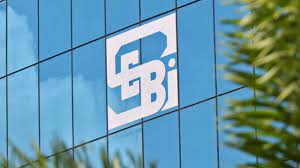In a landmark move this week, the Securities and Exchange Board of India introduced several measures and a regulatory framework for ESG disclosures by companies that are believed to go a long way to enhance the reliability of ESG data and control greenwashing in India.
To improve the reliability of ESG disclosures, the BRSR (Business Responsibility and Sustainability Report) Core will be introduced, which will include a limited set of Key Performance Indicators (KPIs) for which listed entities must obtain reasonable assurance. To achieve reasonable assurance, the auditor needs to obtain sufficient appropriate audit evidence to reduce audit risk to an acceptably low level. A glide path is prescribed for the applicability of BRSR Core, beginning with the top 150 listed entities by market capitalization from FY 2023–24, which shall be gradually extended to the top 1000 listed entities by FY 2026.
For the first time in India, the assurance requirement for BRSR-Core is introduced for the value chain of certain listed entities with a significant footprint in their value chain. The board also approved the establishment of a regulatory framework for ESG Rating Providers (ERPs) in the securities market by introducing a new chapter in the SEBI (Credit Rating Agencies) Regulations, 1999. As a result, ERPs must also consider India and emerging market parameters in their ESG Ratings. In addition, to further improve the credibility of ESG Ratings, ERPs will offer a separate category of ESG Rating called ‘Core ESG Rating,’ based on the BRSR Core assured parameters.
Some measures are introduced to address the risk of mis-selling and greenwashing. For example, now, any ESG schemes will be required to invest at least 65% of AUM (Asset Under Management) in listed entities, where assurance on BRSR Core is undertaken.
